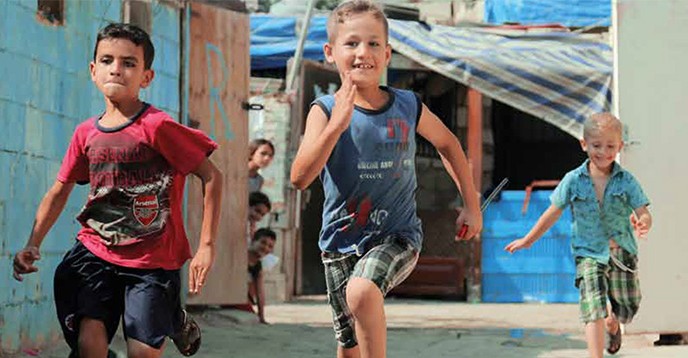Collective of NGOs on Education 2030
The Collective Consultation of NGOs on Education 2030 (CCNGO/Education 2030) is UNESCO’s key mechanism for dialogue, reflection and partnership with NGOs working in the field of education. Established in 1984, the CCNGO has evolved to become an international network of over 300 national, regional, and international NGO members. The network will continue to be a key mechanism and platform for CSOs to contribute to the collective 2030 commitment to ensure quality and inclusive education and lifelong learning opportunities for all.
Since the launch of the Education for All movement in Jomtien (1990), reaffirmed in Dakar (2000), the involvement of civil society organizations in global education policy has expanded considerably. Civil society organizations have now become key partners in global education together with governments, regional organizations, UN agencies, and the private sector. Civil society organizations (CSOs) now play a central role in the implementation and monitoring of Sustainable Development Goal 4 and the 2030 agenda. This role is clearly outlined in the Education 2030 Framework for Action: “CSOs need to be engaged and involved at all stages [of the implementation of SDG-ED 2030], from planning through to monitoring and evaluation, with their participation institutionalized and guaranteed.”
The work of the CCNGO is facilitated by the CCNGO Coordination Group. The CCNGO Global Meeting brings together the entire CCNGO community for global policy analysis, dialogue, and advocacy on the right to education as a public good and a collective societal endeavour.

